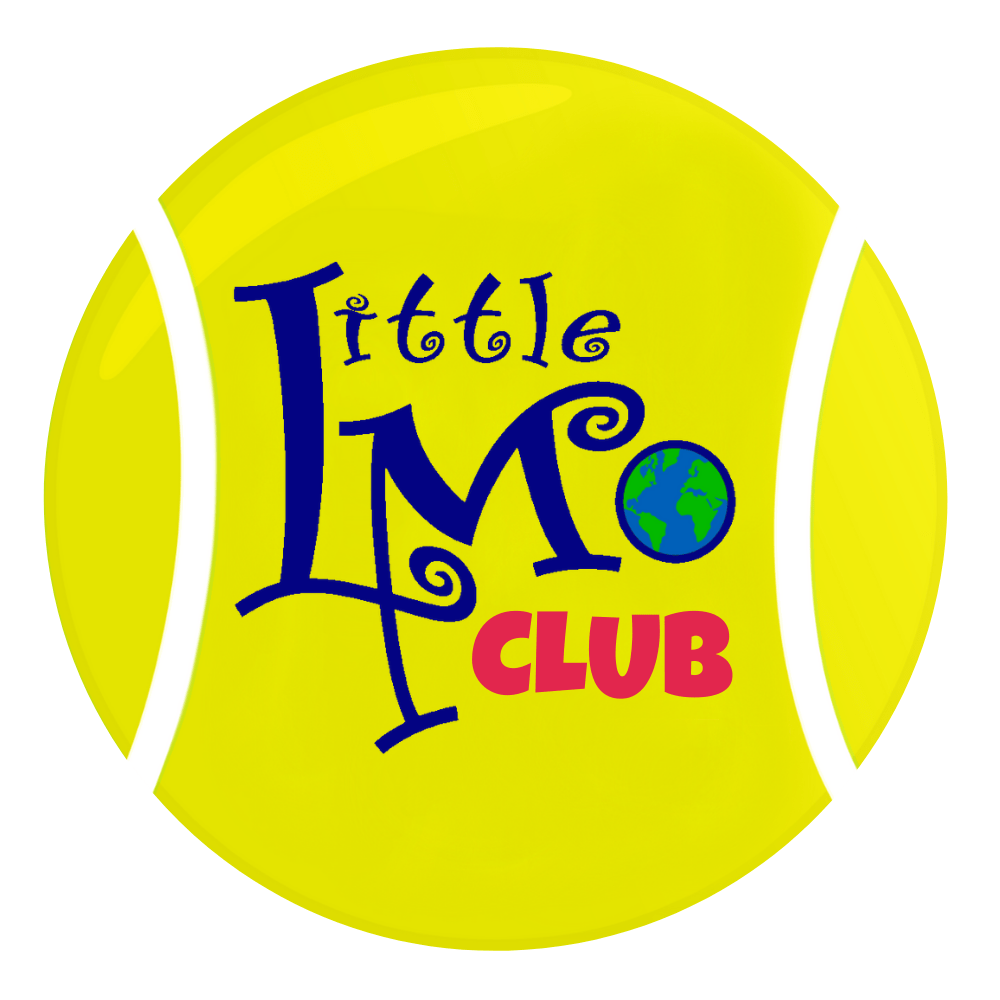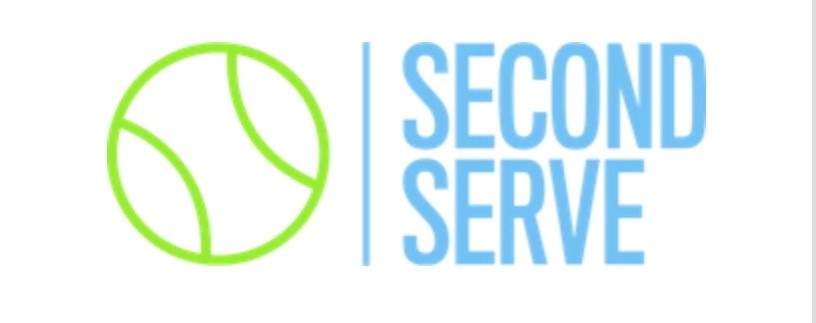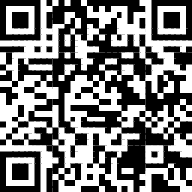Days of Awe
Up Next
Waco ITF – The Decision
I know this is supposed to be a blog about tennis parenting, but as my most sacred religious holidays approach, I felt it fitting to share the following article by Rabbi Marshal Klaven, Director of Rabbinic Services for the Goldring/Woldenberg Institute of Southern Jewish Life. Just as many of the lessons our children learn on the tennis court can be applied to their Real Life, I found many Real Life messages in this article that my son and I can apply to our Tennis Life, too. Hope you find the same!
“Red-light; Green-light.” Four words that tend to tell a nearly entire tale of some fun-filled childhood game in which all the participating youth – save one – stood in line at the far edge of some field, leaving the remaining child to stand alone at its other end. Every time this child turned his/her back, he/she would say: “green-light,” setting the rest of the children in motion across the field. Then, with a quick turn and the words “red-light,” everyone would come to a dead stop… or, at least, they tried. Those who successfully stayed their forward progress stayed put to do this routine over and over again until, at last, they reached their desired destination: the finish line, where the single child stood. Those who could not arrest their motion were, in a way, arrested, sent back to the starting line to start over again, now severely behind the group.
Though easily ranked among the most enjoyable playground games of all time,[i] “Red-light; Green-light” – like many childhood games – came with a hefty helping of real lessons on life: its many stops and its countless starts, its anticipated set-backs and its much appreciated do-overs, its blessed rewards and its cursed punishments, its relentless “hurry-up and wait” nature. Yet, even with all this, “Red-light; Green-light” lacked one thing: the Yellow-light. Likely an intentional oversight to keep things exciting (as, one can imagine, life without the Yellow-light would do that); one may also say that the Yellow-light was left out because the signal itself is just plain confusing… for youth as well as adults, with regards to both those real traffic signals as well as all those metaphorical ones, marking cautionary moments along the miles of our year.
These Days of Awe are one such moment. “Rosh HaShanah and Yom Kippur,” teaches our tradition, “beg us caution.” They were placed along the course of our year to grab our attention, to arouse us, to turn us, to focus us on where we are so that we may better understand where we ought to go, directing ourselves accordingly. For, there is no other driver in the vehicle of the self, just a reliable Navigator (a GPS: God’s Positioning System, a.k.a. the Torah), attempting to steer us in the right direction. As it is advised there: “Be careful then, and do as the Lord your God has commanded you. Do not turn aside to the right or to the left: follow only the path that the Lord your God has enjoined upon you, so that you may thrive and that it may go well with you.” (Deuteronomy 5:29-30).
Much has been made of these biblical directions, which are repeated throughout the Torah. One, we may wish that our modern GPS units came with the same assurances, for surely then we would have avoided some awkward turns in our lives. Two, God seems to be an independent when it comes to politics, as the Eternal desires us to turn neither to the right nor to the left. And finally, in all seriousness, the sages acknowledge through these verses that at every moment, including these sacred High Holy Days, we stand at a crossroads.[ii] Therefore, one of the biggest factors in determining how the path ahead will go, whether it will be for a blessing or for a curse, whether it will be for peace and prosperity or for privation and instability, is how we will approach this intersection, especially now as the light therein has turned yellow.
I suppose we can do what so many do when they see a yellow light… slam down on the accelerator and plunge forward with the hope, with the prayer they’ll get across safely before – like the childhood game – the light turns red. In the context of our life’s road, especially at this intersection of the High Holy Days, this approach can be compared to those who see that Rosh HaShanah has arrived and now realize it’s only a matter of moments before the forgiving light of yellow turns red on Yom Kippur. So, what do they do? They too plunge forward, putting their apologies into overdrive. And the vehicle for this approach is often the internet, as these individuals ask for forgiveness via mass e-mails. “For the sin I have committed against you, dear friend, by (fill in the blank of my transgression),” literally read one such e-mail, “I am sorry.”
And, it’s not just with the High Holy Days. Enumerable are the intersections of our lives where we only decide to cross at the last possible moment: in our school and professional work, in our family responsibilities, in our own self-care. This rush forward is not necessarily a bad thing, for – at the very least – we are still staying the course, turning – as God advised – “neither to the right nor to the left.” And, given the fullness of all of our days, part of this last minute push across the line may even make sense. But, as we know from real intersections, there is a risk to such hasty crossings: accidents. Some will be minor: a misplaced item here, a neglected item there. Others will be more serious, resulting in failed tests, lost jobs, diminished value by those we love, and a broken vehicle of the self, severely threatening our ability to move forward.
That being said, some will still take on these risks in light of what they believe will be gained in moving forward. But the reality is, in these hurried approaches, so much more is lost, including the brief but beneficial break. Think about it. What’s the first thing we do when coming to a full and complete stop at an intersection. Likely, we turn and look at the neighboring cars, gauging their progress in relation to our own, knowing we do not travel these roads alone. Second, we likely turn inward. We check our time in relation to our schedule: until now, have I accomplished all that I needed to? We check our fuel in relation to our destination: what energy do I require to move forward? Finally, we check our cargo in relationship to our responsibilities: do I have everything I need to be a success upon my arrival?
In these brief breaks, we consciously or unconsciously check in with ourselves, asking and answering critical questions which make for success when setting out. Danny, a devoted Jew and psychotherapist from New York, was reminded of this the hard way not too long ago. As Danny put it, “After twelve years of marriage, my wife Marti and I simply grew apart. She had her things, and I had mine.”
One of Danny’s things was running. Every morning, he’d leave his wife sleeping in bed to make his way around a small section of the city. On one particular morning, Danny jogged the usual streets and turned a corner to face an old man, wearing a black hat and a long, black coat. “We need a tenth!” cried the old man. “For a minyan, we need a tenth!” Rather than stopping to consider the request, Danny breathlessly mumbled, “I can’t today,” and continued on.
All day, Danny was bothered. He could not focus on his work, or anything that came in front of him. Cancelling his afternoon appointments, he went over to his synagogue and asked to speak with the rabbi. Danny struggled to begin, not really believing what had transpired nor understanding why it bothered him so. But, eventually the story poured out, ending in a long silence. “Perhaps this is all a great parable,” began the rabbi. Danny bristled in his seat.
“Yes,” continued the rabbi, “a message from On High. And, if so, what do you think the message was?” Danny felt a little annoyed by the rabbi’s question, having heard so many like it before from his own mouth. Nonetheless, the rabbi’s words hit home. “The old man…” Danny said slowly, “was trying to tell me: ‘I see, you’re in the midst of moving forward right now. But, I’m sorry; I need you to stop. I need your help.’ And, callously, I ran right by his words.”
“Maybe not,” replied the rabbi. “Like all good parables, it’s not the subject of the story who needs the reply, but ourselves; we are the ones who must wrestle with its message.” “What do you mean?” asked Danny in bewilderment. “What I mean is that maybe it wasn’t the stranger who needs you. Maybe it’s someone much closer,” answered the rabbi, as he reached across to tap Danny on his chest just above his heart.
Danny could not remember his drive home from the synagogue that day. Nor, could he remember parking the car or running through the house to Marti’s ceramic studio. All he could recall is finding himself standing in her doorway, as she looked up from her wheel, smiling. Danny saw the sweet vulnerability and the tender compassion he had unintentionally left behind in his drive to run constantly forward, priceless things Danny tried to hold onto that night as he fell asleep.
The next morning, Marti woke up with her husband still in bed, right beside her. Concerned, Marti woke Danny and asked: “Are you okay? Is everything alright? Why aren’t you running?” “My dear, I think that’s part of the problem. I think I’ve been running too much, unintentionally creating greater and greater distance from you. I think I’d like to slow down a little. Would you be willing to do this with me? Rather than a run, can we walk together this morning?
With tears streaming down her checks, Marti threw her arms around Danny. “I’ve been waiting to walk with you for a long time,” she said. “Can we also stop a bit to sit in the park?” “Of course,” Danny said, feeling as if just then he was answering both his wife as well as the old man, who had asked him the day before to please stop and help out for just a bit.[iii]
That’s also the question facing us right now, as we collectively approach this intersection of our year. In the yellow-light of Rosh HaShanah, do we “hurry-up and go” or do we “slow-down and stop?” For the sake of our loved ones and our neighbors, for our world as well as ourselves, may it be more of the latter and less of the former. May we resolve in all such cautionary moments along the miles of our lives to put on the breaks and administer a self-check, what Judaism refers to as a cheshbon hanefesh (literally, “an accounting of one’s soul”). For only when we adequately know who and where we are, can we more soundly, more smoothly, more successfully move to where we want to go: forward. May that be this case in this coming year as the light turns from yellow to red, back to green. L’shanah tovah!
[i] It’s up there with such unforgettables as hop-scotch and double-dutch, four square and red-rover!
[ii] For example: “There are crossroads where you choose not only your future, but your past as well. Take one path, and your past becomes but a silly, useless dream that might as well never have happened. Take another road, and your past becomes a magnificent frame for a glorious moment of life: the moment now, the moment for which your soul was formed.” Padah b’Shalom, 5738; based on the writings and sermons of Rabbi M. M. Schneerson.
[iii] Adapted from HaNoch McCarty’s “To Make a Minyan” in Chicken Soup for the Jewish Soul: Stories to Open the Heart and Rekindle the Soul, Jack Canfield, Mark Victor Hansen and Rabbi Dov Peretz Elkins, eds. Health Communications, Inc.: Deerfield Beach, 2001. pp. 318-322













Comments are currently disabled for this post